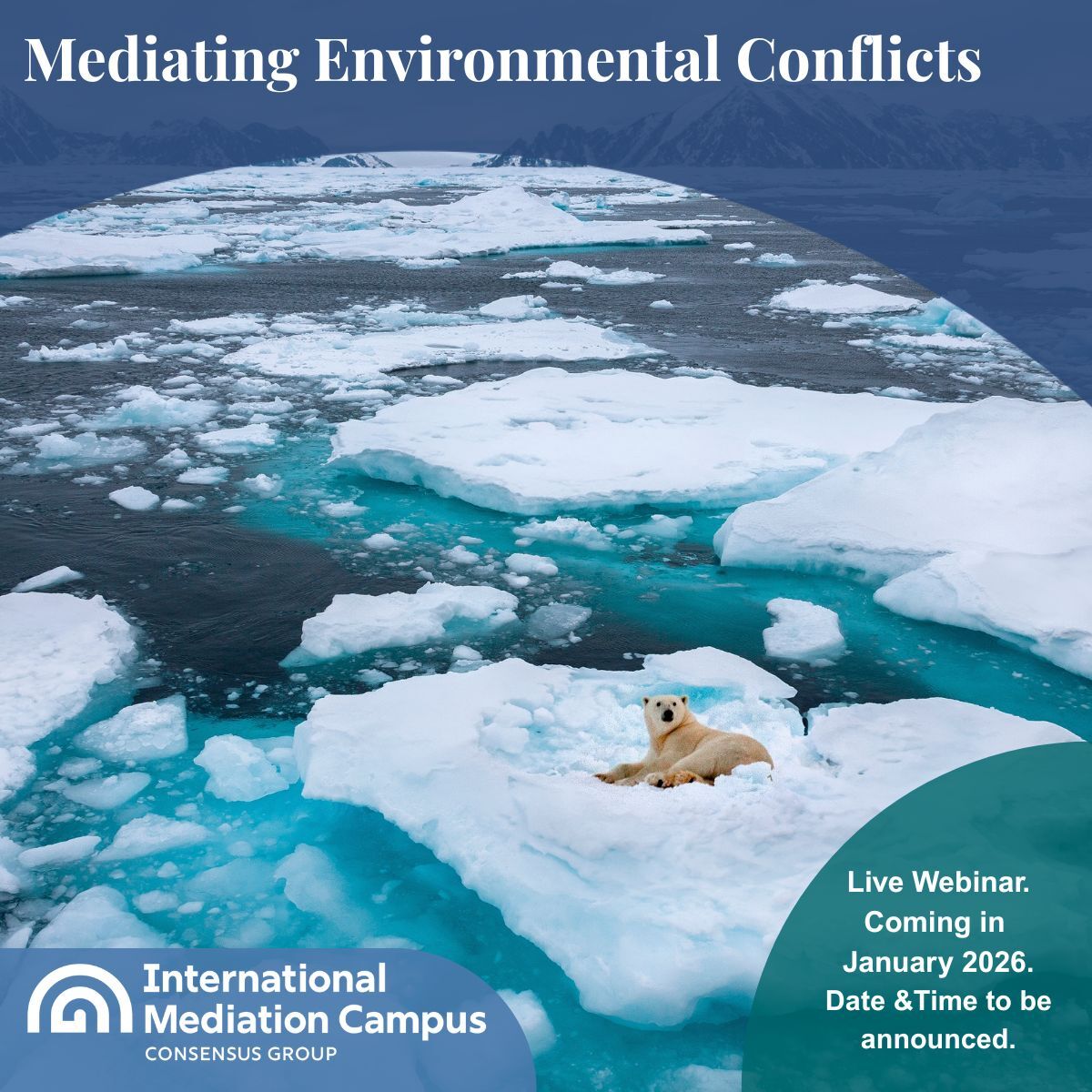
Mediating Environmental Conflicts: Lessons and Insights from Thailand
How structured, inclusive mediation turns resource disputes into collaboration for climate resilience, bridging science with local wisdom. Highlights practical tools and a peer exchange on scaling into policy, CBMs and adaptive practices.
Fill in the form to save your seat
Event Details
The one-hour interactive webinar “Mediating Environmental Conflicts: Lessons and Insights from Thailand” examined how structured dialogue and mediation can transform disputes over natural resources into collaborative opportunities for climate resilience, bringing together policymakers, environmental practitioners, the business sector, and ethnic communities.
Drawing on real-world case studies, including land disputes in conservation areas and conflict-sensitive watershed governance in Northern Thailand, the session explored how environmental conflicts often stem from competing historical claims over land and natural resources. By reframing these disputes toward shared ecosystem and community benefits through inclusive dialogue, new pathways for understanding and cooperation emerge.
Theerada Suphaphong shared field-tested approaches that bridge scientific evidence with local wisdom, emphasizing practical tools such as conflict mapping, fact-finding, and benefit-sharing mechanisms like Payment for Ecosystem Services (PES). These methods have proven effective in reducing mistrust among state agencies, private actors, and local communities, enabling diverse groups to co-design sustainable solutions that enhance both ecological integrity and social cohesion.
The webinar also underscored how climate resilience can serve as a unifying goal, aligning efforts in soil, forest, and water restoration with equitable livelihoods and policy reform.
In the second half of the session, participants engaged in a peer-learning exchange. Sharing their own experiences and exploring how to scale these lessons into effective mediation practices, policy frameworks, confidence-building measures (CBMs), and adaptive mechanisms that address the peace–climate nexus.